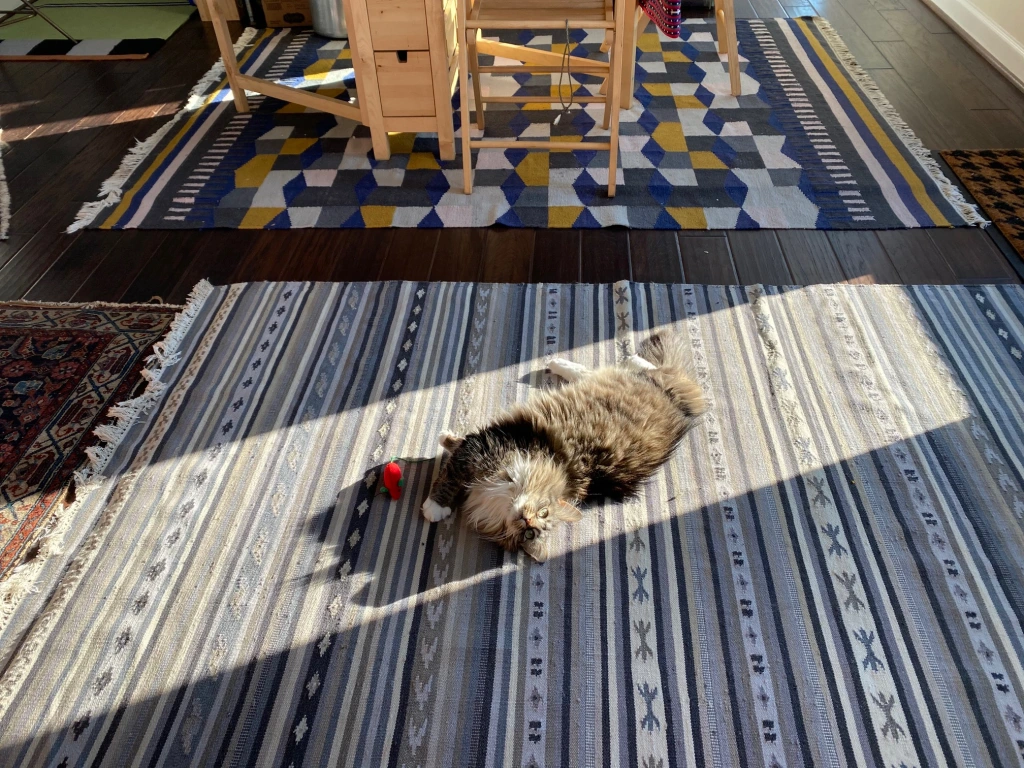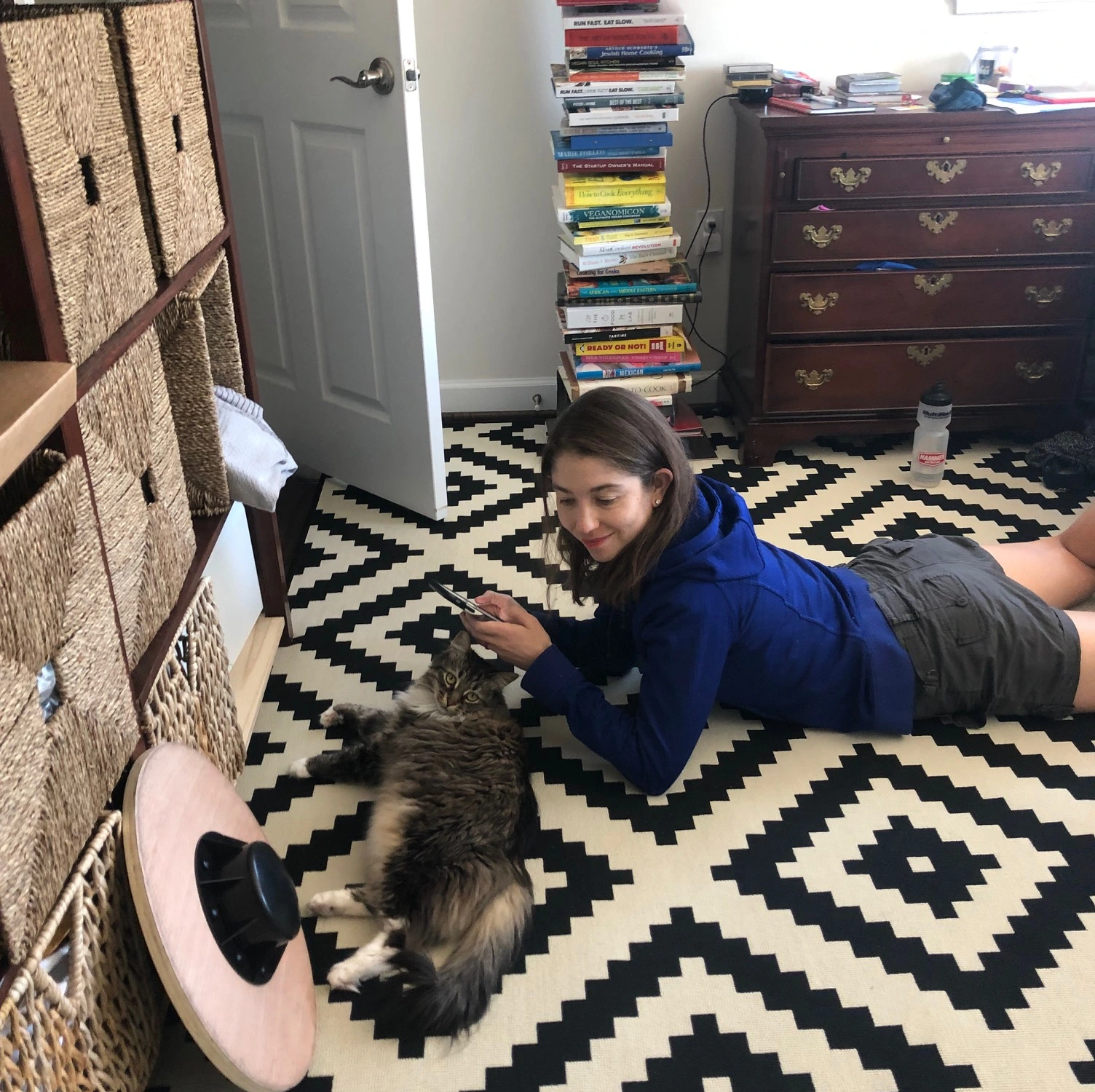“How are you?”
It’s such a simple question. If only it weren’t so fraught with peril these days. Between the pandemic, quarantines, job losses, people trying to balance work with child/eldercare, police brutality, protests… it’s a lot. There’s really no simple answer to this question. So what do you do–give a quick “Great, thanks, you?” Or awkwardly launch into the truth? “I’m really scared about the future of this country; you?”
Or try option three: ask another question instead. (Granted, this doesn’t work if someone else has already started the ritual, so you might want to try to get out in front of this.) I first read about this radical suggestion in Sarah Egan Warren and Sarah Glova’s blog, which suggested eight alternatives to the perfunctory conversation starter. Intriguing! A social science experiment! “Luckily” I have quite a few meetings each day, so I had plenty of opportunities to try it.
One month and ~100 meetings later, the shift has been fantastic and I expect it will be permanent. After all, the purpose of the “How are you?” question is two-fold: to show that you care about the person (or about social protocols), and to ease into a more substantive conversation. However, it’s also not very creative, doesn’t actually help you get to know the other person better, and doesn’t exactly set the stage for a dynamic and creative conversation to follow. So clearly, time to mix things up a bit!
My team started with the list of questions from the Sarahs’ blog post. Over the course of a few meetings, we learned more about each other than we had from working together for months! We shared some favorite movies. We exchanged curry recipes. We learned who had pets and kids and how they were (or were not) being adorable.

But the questions also opened the door to vulnerability. In particular, the question “What did you do for yourself yesterday?” took an unexpected turn. Rather than merely share our self-care method du jour, we also talked about what prompted the need for a reset. “I went for a walk today… because I was really upset about a conversation with a colleague who isn’t being supportive.” “I baked cookies… because I was tired of trying to teach my son how to do math.” This helped us build empathy for each other, vent a bit, and reinforce the importance of taking breaks.
After we had worked our way through the questions from the blog, we decided to add our own. Each person on our team has an assigned day of the week to kick off the meeting with a new question of their choice. As the manager, usually I had always started meetings, but rotating this role has created leadership opportunities for junior team members and set a more egalitarian tone.
Finally, breaking from the conventional meeting kickoff has also reinforced our team’s identity as being innovative and entrepreneurial. After all, we spotted something that wasn’t working, deconstructed the problem a bit, tried something new, and now continue to iterate. It is now ingrained as a habit and we use it in situations beyond our internal team meetings, much to the surprise and delight of our wider professional circles. People know right away that the conversation will start from a place of curiosity and empathy, rather than tradition.
Who would have guessed that swapping out a three-word question would have such wide-ranging impacts?

Loved it! Thanks for including the other resources too.
LikeLike
Love this!
LikeLike